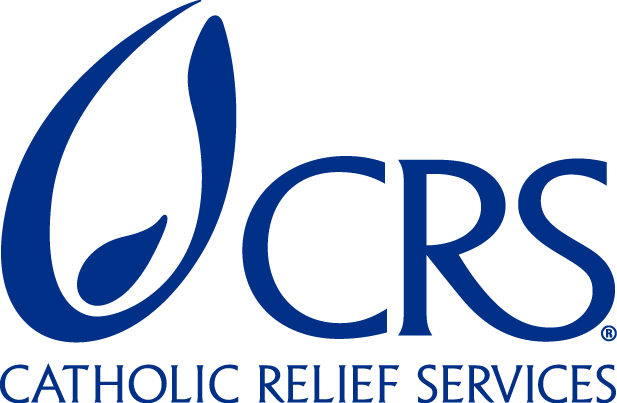
Donate Now
LOGIN
For 13-year old Aisha, speaking in front of a crowd is something she thought she would never be able to do. It terrified her, and she never imagined that on International Women’s Day, 2017, she would be standing in front of hundreds of people acting and reading poems.
 |
Aisha wants to be a doctor when she grows up so she can help community members that are HIV positive. Her dream is to see change in the negative community attitudes towards girls.
Aisha is in seventh grade at Jido Primary School and says that ever since she started going to school, she had never been confident enough to speak up in class or participate in a debate or discussion. She had always noticed that her female classmates are normally also very shy and reluctant to speak in class, or in group settings that included boys.
But confidence isn’t the only thing that Aisha and her female peers lack. In Aisha’s community, certain traditions and cultural norms favor boys to girls. Girls are often forced to get married or drop out of school, and their roles are usually limited. While boys can take up leadership roles and participate in decision making, girls roles are limited and mostly involve doing chores around the house.
Thanks to Catholic Relief Services’ Reaching for their Potential: Girls Empowerment Project (GEP), young girls like Aisha are building their confidence, overcoming their fear of public speaking, and learning to be leaders in their communities. Launched in 2015, the project targets girls between the age of 12-19, and seeks to improve the socio-cultural environment for girls and women, create appropriate and diversified livelihood options for adolescent girls, increase school enrollment rates and decrease school dropouts. CRS, in partnership with the Ethiopian Catholic Church- Social and Development Coordinating Office of Meki (ECC-SDCOM), has been working with young girls like Aisha, using an integrated approach that is building their confidence, improving their academic performance, and increasing their school attendance.
Because of the project, school girls aren’t missing school when they have their period; the project has been distributing sanitary pads to thousands of girls and teaching them how to make their own using materials that are readily available to them, such as bedsheets. The girls can recycle the pads they make by washing them using soap and water. Aisha remembers the first sanitary pad that she made after she had run out of the ones she received from the project. She says that she was very excited to use her own product and when it worked, she decided to teach other women in her family.
The 2017 International Women’s Day was one of Aisha’s highlights of this school year. Aisha says that she was involved in planning, organizing, and raising awareness about the day, which brought together hundreds of people including students, teachers, parents and community leaders. The multitudes gathered to listen to Aisha and other school girls act, sing, and recite poems about women issues including education, gender equality, and gender-based violence. It was Aisha’s first time to stand in front of a huge crowd and perform. She says hearing the crowd cheer boosted her confidence.
Many girls have drastically improved their academic performance since the project was launched; the project establishes tutorial classes for girls and works with teachers who facilitate the lessons in English, mathematics, science, chemistry, and physics, three times a week. Last term, Aisha was first among female students in her class and fifth overall. The project is also actively involving the community in discussion on issues that affect girls, with the aim of changing negative attitudes and cultural practices that undervalue girls.
Get The Word Out